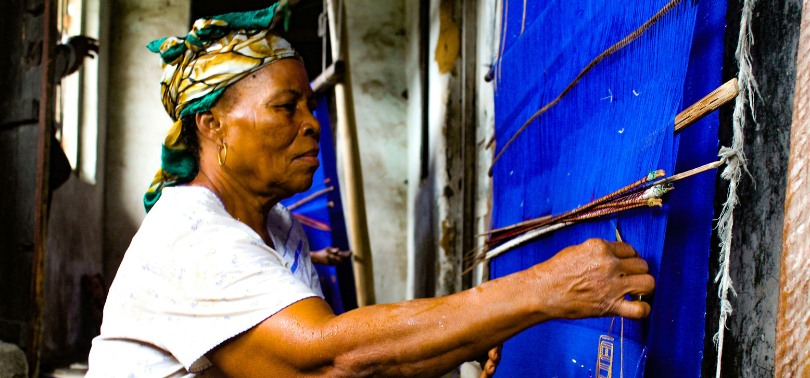The world of fashion is evolving rapidly with the growing demand for eco-friendly materials and sustainable practices. As we become more conscious of our environmental impact, the textile industry is stepping up to offer innovative solutions. Among these, biodegradable textiles are leading the charge by offering fabrics that naturally decompose, leaving no harmful trace behind. Let’s dive into some of the most exciting materials shaping the future of eco-conscious fashion.
Lotus Silk
Lotus silk, a luxurious fabric made from the stems of lotus plants, is revolutionizing the textile world. This sustainable material is not only biodegradable but also boasts a stunning natural sheen that rivals traditional silks. The process of harvesting lotus stems and turning them into fine thread is labor-intensive, but the result is a fabric that decomposes naturally over time, leaving no harmful residues. Ideal for high-end fashion and accessories, lotus silk is proof that elegance and sustainability can coexist.
Hemp
Hemp is a fabric that has been around for centuries, and it’s making a strong comeback thanks to its environmental benefits. Known for its strength and durability, hemp requires very little water and no pesticides to grow, making it an ideal sustainable choice. Hemp fabric is completely biodegradable and can break down naturally without leaving any long-lasting impact on the environment. Whether used in clothing or home textiles, hemp is a versatile material that aligns perfectly with eco-conscious lifestyles.
Tencel (Lyocell): The Soft & Sustainable Wonder
Made from sustainably sourced wood pulp, Tencel (or Lyocell) is a fabric that blends luxury with sustainability. Tencel is fully biodegradable and renowned for its softness, breathability, and moisture-wicking properties, making it a popular choice for everything from bedding to clothing. Its closed-loop production process ensures that chemicals used in its manufacturing are recycled, reducing waste and environmental harm. Tencel offers a sustainable alternative to synthetic fabrics, without compromising on comfort or quality.
Smart Fabrics: Technology Meets Sustainability
The rise of smart fabrics is taking sustainability to the next level. These textiles are embedded with advanced technology, including sensors and data-monitoring systems, which track environmental factors like temperature, humidity, and air quality. This data helps optimize the performance of the fabric, ensuring it’s used in the most sustainable way possible. For example, smart fabrics can adapt to changing weather conditions or monitor the wearer’s activity, contributing to both environmental sustainability and personal comfort.
Wearable Tech Fabrics: Personalized & Sustainable Fashion
Wearable technology is transforming how we think about clothing, offering innovative fabrics that incorporate devices to monitor and track physiological data. These fabrics not only enhance the wearer’s experience but also contribute to more sustainable fashion choices. By providing real-time insights into the wearer’s health or activity, wearable tech fabrics help optimize clothing usage and reduce waste. This fusion of fashion and technology opens up a new realm of personalized, eco-friendly, and practical clothing solutions.
Conclusion
As the demand for eco-conscious fashion continues to grow, biodegradable textiles are leading the charge toward a more sustainable and environmentally-friendly future. With materials like lotus silk, hemp, and Tencel, along with the introduction of smart and wearable tech fabrics, the future of fashion looks both stylish and sustainable. By embracing these innovations, we can reduce the environmental impact of the fashion industry while still enjoying luxurious and functional designs.

